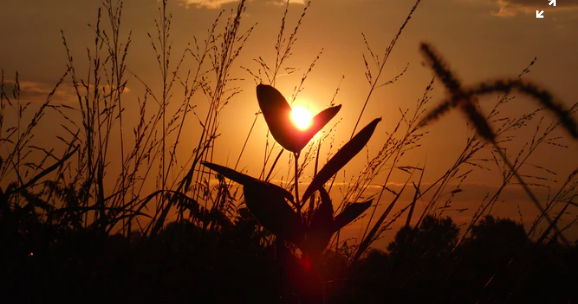Teaching Moments - Bush Fires and Climate
The bush fires in Australia this summer have provoked a lot of discussion about the effects of climate change. STANSW is conscious of the trauma that some school communities have experienced this summer. Beyond Blue has produced a resource pack for educators https://beyou.edu.au/bushfires-response which includes information on post-traumatic stress and resilience for school communities.
 As science educators, the topic of bushfires and climate change needs to be discussed in a way that is both sensitive to the context of the school and encourages scientific thinking. In our discussions with students it is important that we don’t latch onto the popular media and that we are able to present some facts about our changing climate from reliable sources.
As science educators, the topic of bushfires and climate change needs to be discussed in a way that is both sensitive to the context of the school and encourages scientific thinking. In our discussions with students it is important that we don’t latch onto the popular media and that we are able to present some facts about our changing climate from reliable sources.
We have compiled a list of resources that we recommend for use in the classroom to support discussion with our students.
Australian Climate and Bushfires
The Climate Council is recommended as an authority on climate and publishes media articles and short reports which might be useful classroom resources. The Earth Systems and Climate Change Hub released a paper Bushfires and Climate Change in Australia in 2019. It outlines bushfire conditions across Australia and changes to environmental conditions. The article also includes a reference list of historical fire and weather data sources. Interaction between climate change and fire regimes and biodiversity in Australia is a paper more suited for teacher background reading or advanced Stage 6 students. It provides a comprehensive analysis of the topic. It was produced by the Australian Government Department of Climate Change and the Department of the Environmental, Water, Heritage and the Arts. Geoscience Australia has produced an article about Bushfires that outlines some basic geoscientific concepts.
Global climate NASA’s Global Climate Change website presents facts about the causes and effects of climate change at secondary school level. The articles are referenced for further reading. Cool Australia produces classroom resources on a range of sustainability topics including climate change. Registration is required but free.
To encourage positive action, students might like to be a part of the UNSW citizen science project called the Environment Recovery Project: Australian Bushfires and help to record bush regeneration over the coming months by photographing emerging plant and animal species using a phone app. The recorded information will assist in recovery efforts. See the website for further information.
Fact checking and media literacy RMIT University has partnered with ABC to publish a series of Fact Check article related to current news stories. There are a range of stories relating to the recent bushfire season. ABC Education also has a range of Media Literacy resources including interactives about spotting bias, misinformation, and fake news.